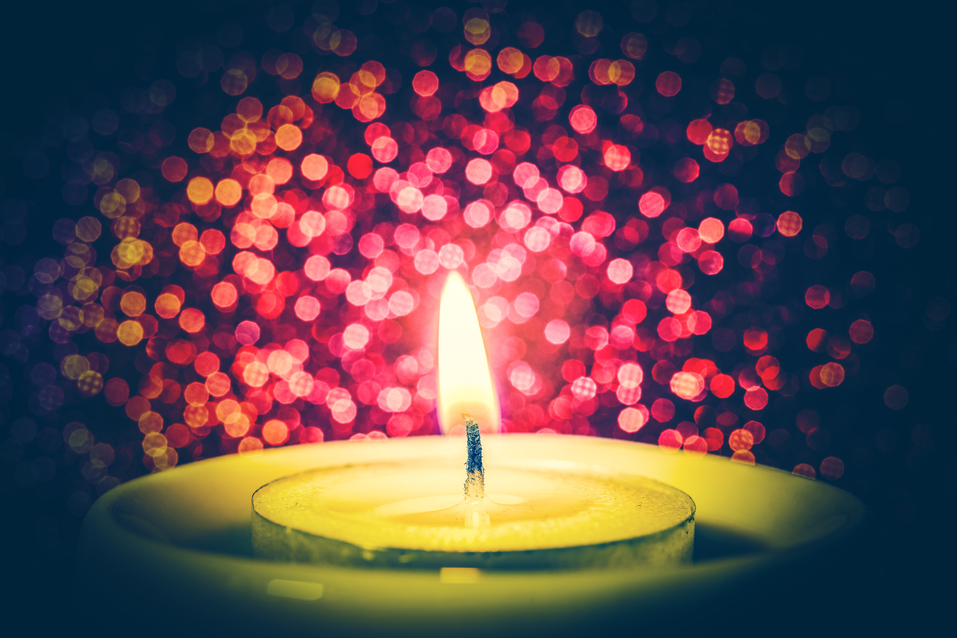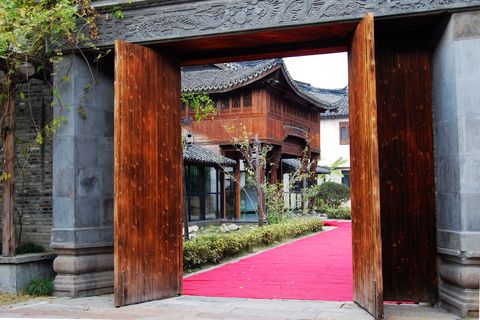
Hope for the New Year: Finding Your Own Unique Way
It's natural, and almost a truism to speak of finding hope for the New Year. But how do we actually do that? And what should we put our hope and trust in?

It's natural, and almost a truism to speak of finding hope for the New Year. But how do we actually do that? And what should we put our hope and trust in?

Coping with uncertainty is a theme I've explored before, but it seems to have a lot of relevance for the end of our current year, 2022.

The yearly arrival of the Holidays reminds us of both continuity and the passage of time. What does this mean for tending the soul, the essence of ourselves?

"Tending the soul through the holidays" is the theme I've chosen for a series of blog posts for the period leading up to the Holidays at the end of December.

In recent years the phrase "on my bucket list" has come into popular parlance. This isn't surprising; it's a phrase we often find useful.

"Real life after retirement?' some might ask, "Is that a thing?" It most certainly is, but you'd never know it from the messaging we get around retirement.

It's common for we humans to find that we have unfinished business in later life. We all carry different things that cry out for some kind of resolution.

"Who are you really?" is one of those cut-through-the-bumpf type of questions. If you ask it seriously of yourself, it can take you on quite a journey.

People pleaser personality traits are pretty common in our world. Many of us strive to meet the needs of others at all costs, even when we hurt ourselves

Making hard decisions is a theme that arises often in Jungian /a-midlife-transition work. I've discussed it before, but it's worthy of further exploration.